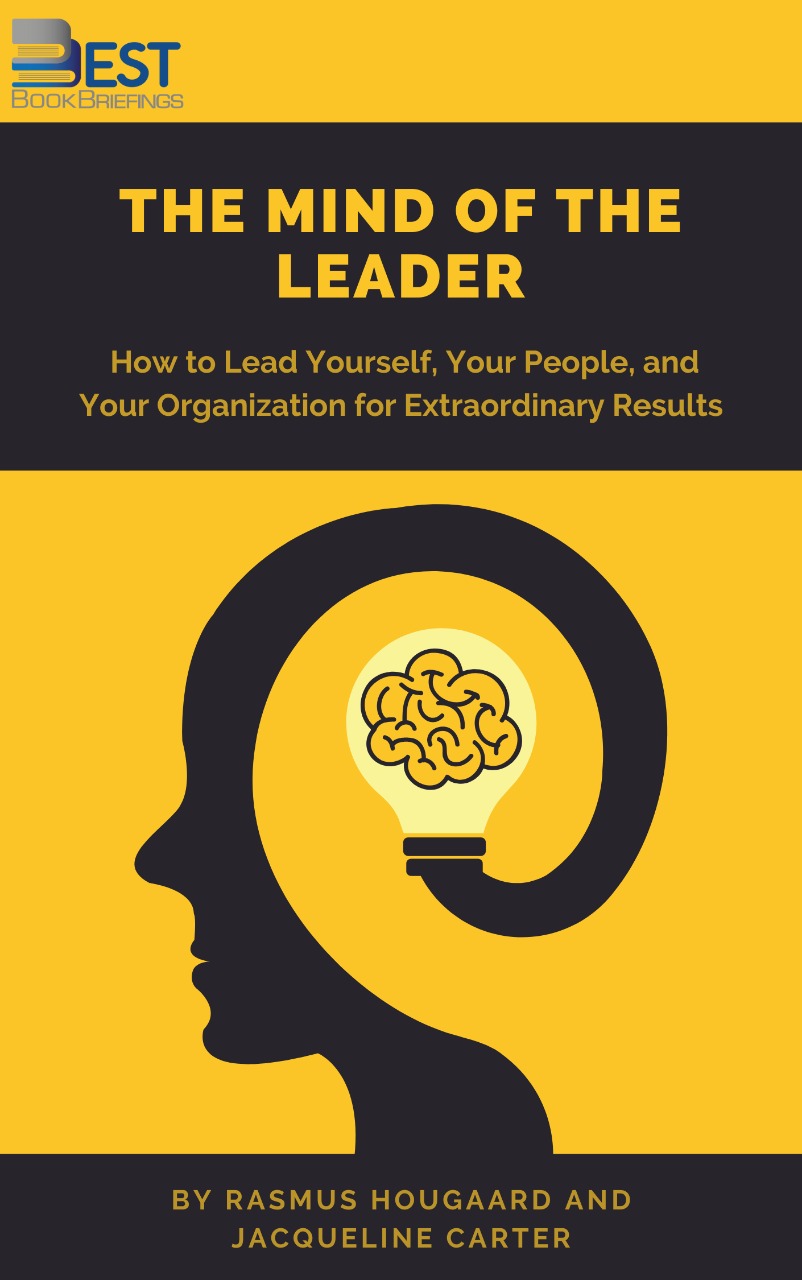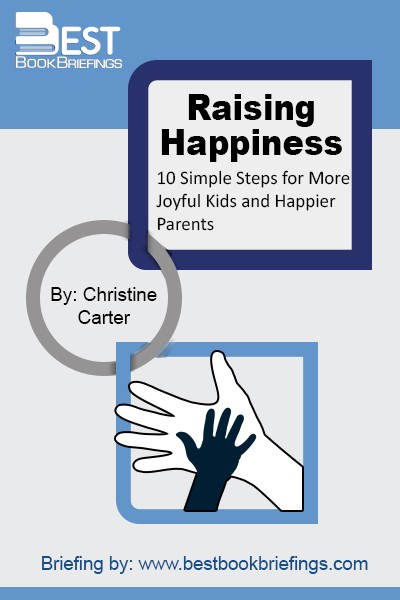The Mind of the Leader
How to Lead Yourself, Your People, and Your Organization for Extraordinary Results
Number of pages: 256
Publisher: Harvard Business Review Press
BBB Library: Leadership, Corporate Success
ISBN: 978-1633693425
Editorial Review
Using real-world inspirational examples from Marriott, Accenture, McKinsey & Company, LinkedIn, and many more, The Mind of the Leader shows how this new kind of leadership turns conventional leadership thinking upside down. It represents a radical redefinition of what it takes to be an effective leader--and a practical, hard-nosed solution to every organization's engagement and execution problems.
Book Reviews
Books on Related Topics
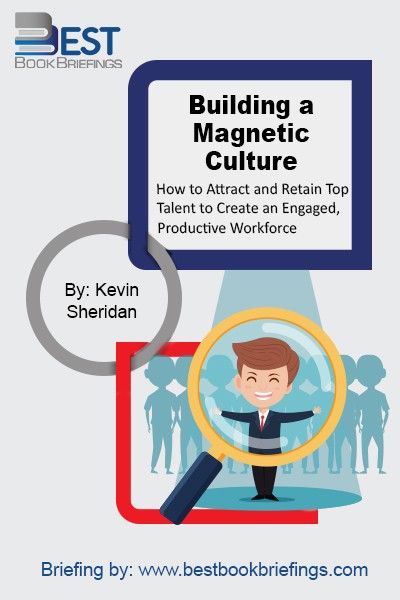
Building a Magnetic Culture explains what engages and motivates employees and how to create an environment in which employees can thrive. Drawing on years of research and real-world examples from his consulting experience, the author gives you the strategies and tactics you need to transform your company by creating and sustaining
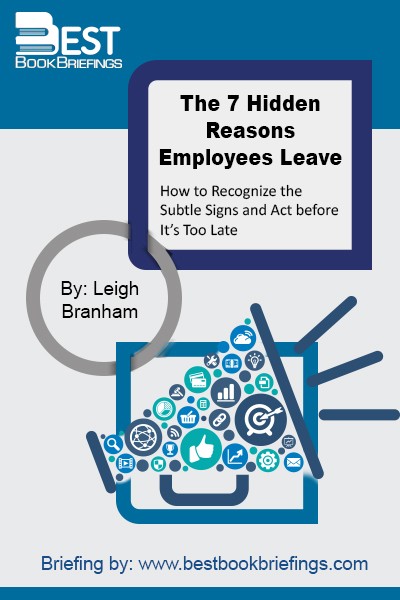
Based on research performed by the prestigious Saratoga Institute, The 7 Hidden Reasons Employees Leave provides readers with real solutions for the costly problem of employee turnover. Readers will learn how to align employee expectations with the realities of the position, avoid job–person mismatches, and provide feedback and coaching that breed
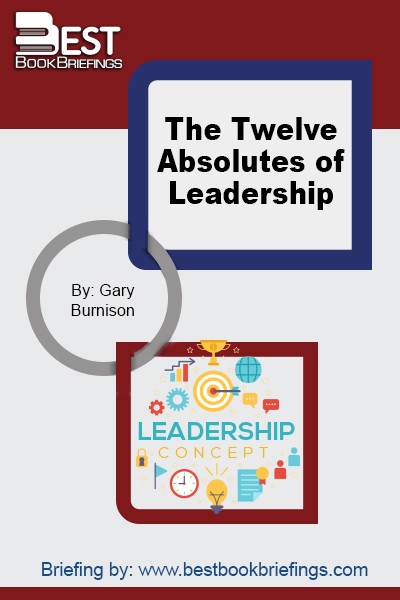
Leadership is easy to intellectualize, but elusive to actualize. Leadership is part strategy, but mostly judgment. Always it is about grace, confidence, and touch. There are no half measures when it comes to leading others. You must be fully engaged and fully committed, but you must never personalize what is happening
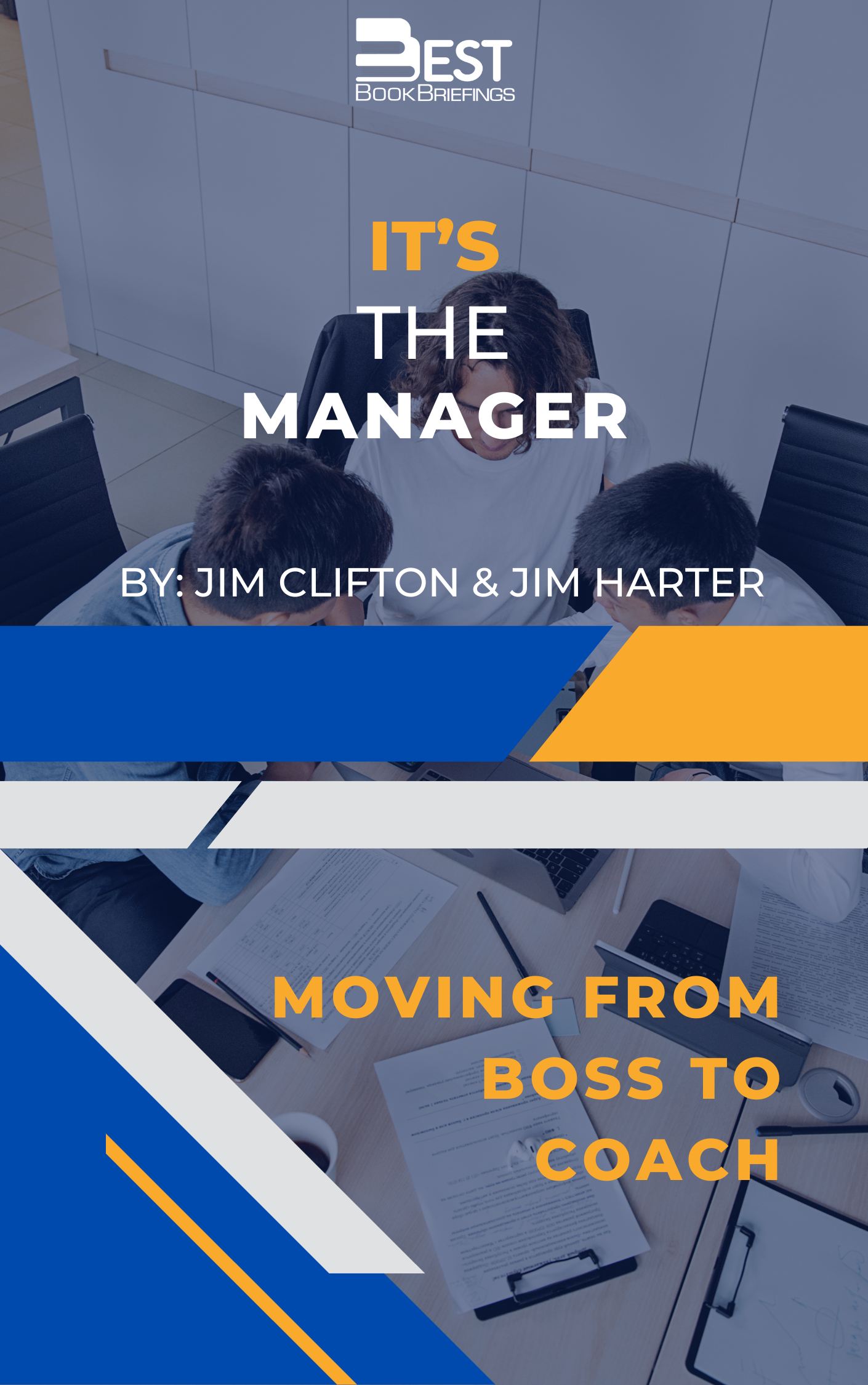
While the world’s workplace has been going through extraordinary historical change, the practice of management has been stuck in time for more than 30 years. Packed with 52 discoveries from Gallup’s largest study on the future of work, It’s the Manager shows leaders how to adapt their organizations to rapid change, ranging
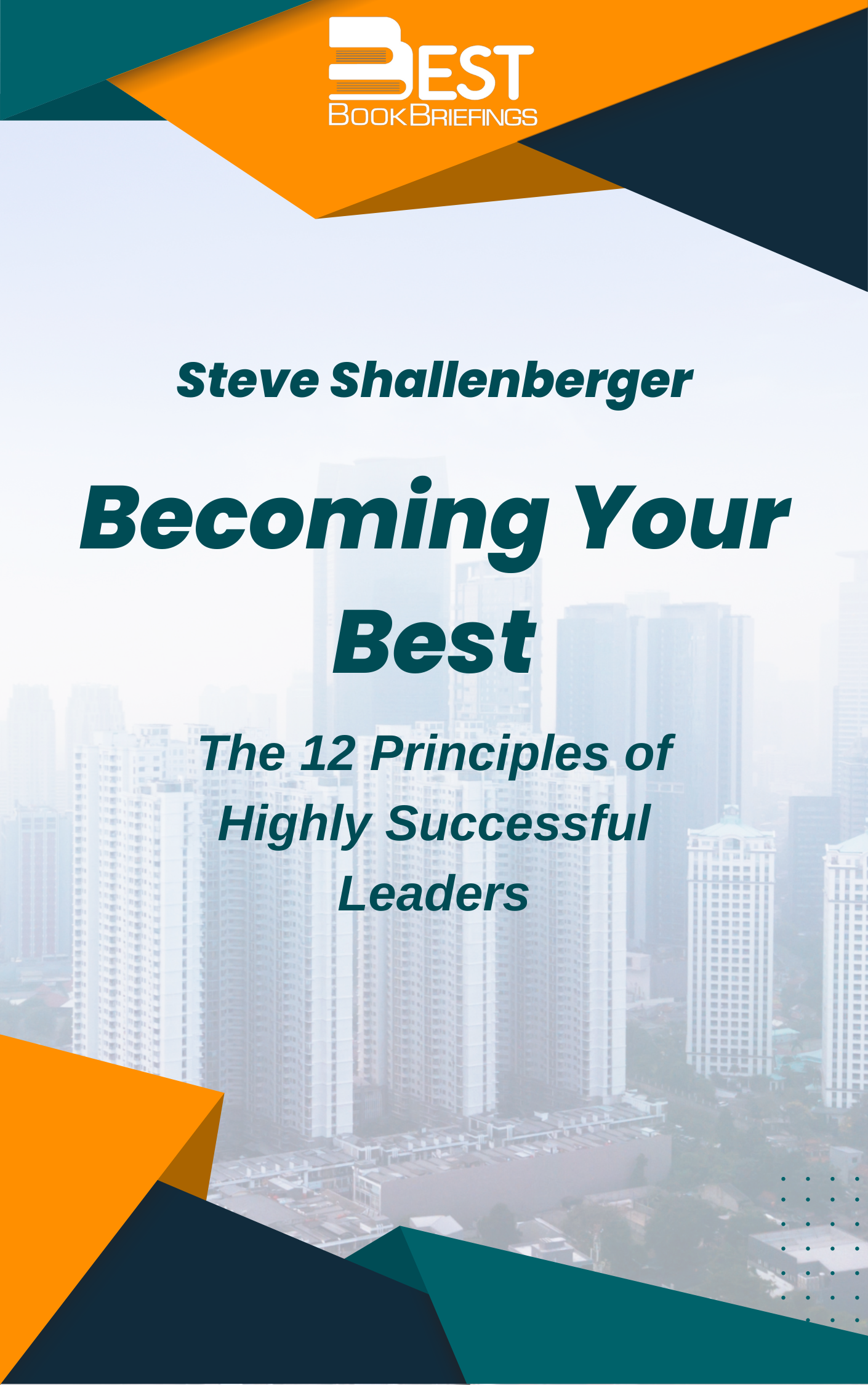
This summary of Becoming Your Best by Steven R. Shallenberger talks about how running a business or department in today’s high-pressure business landscape gets more difficult every year.
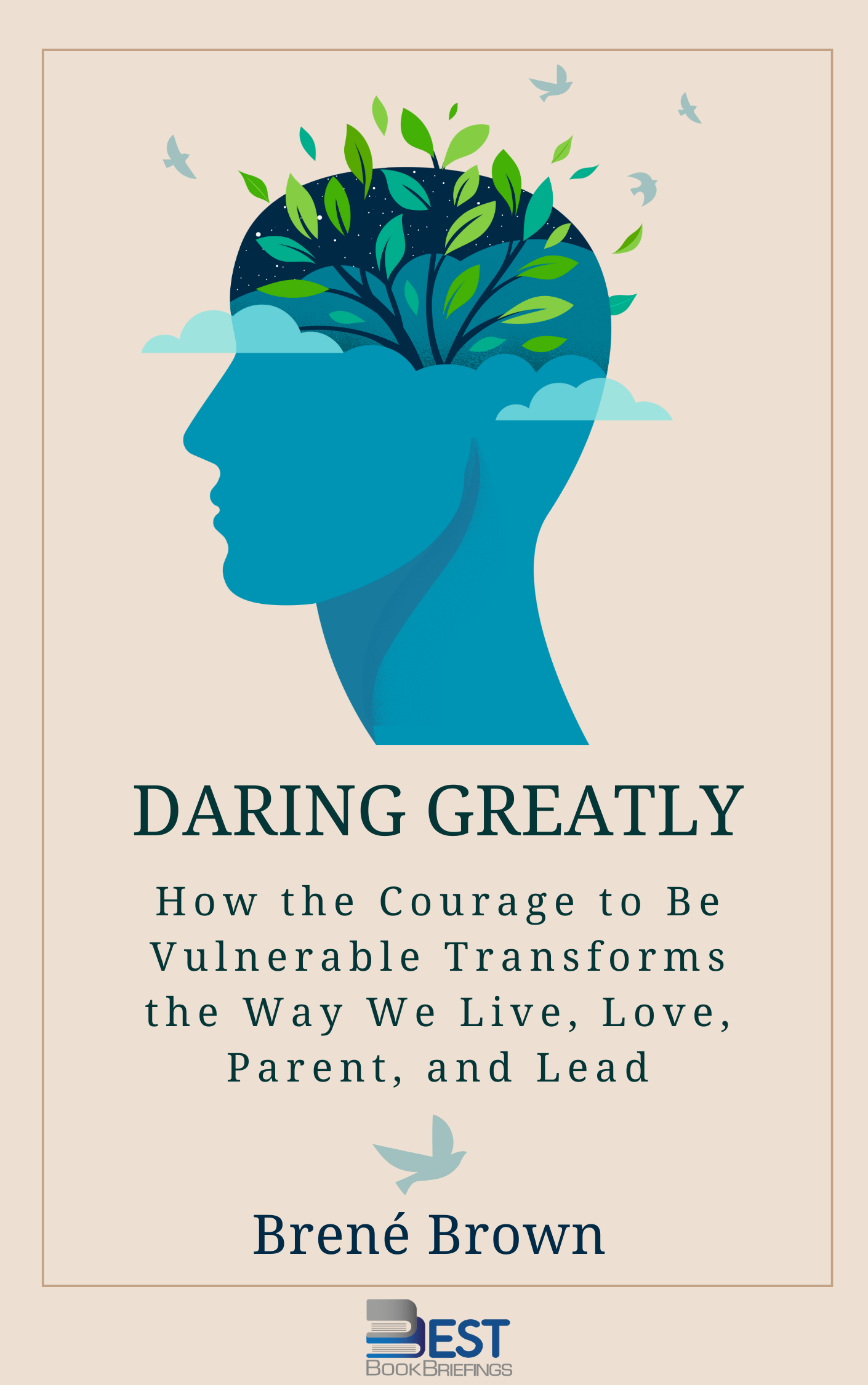
The author recounts her struggles with vulnerability, first by unpacking how her upbringing as a fifth-generation Texan raised her to try and avoid it at all costs. She tried various personalities and strategies, all with the aim of keeping everybody at a safe distance. For her research, she studied how human connections

